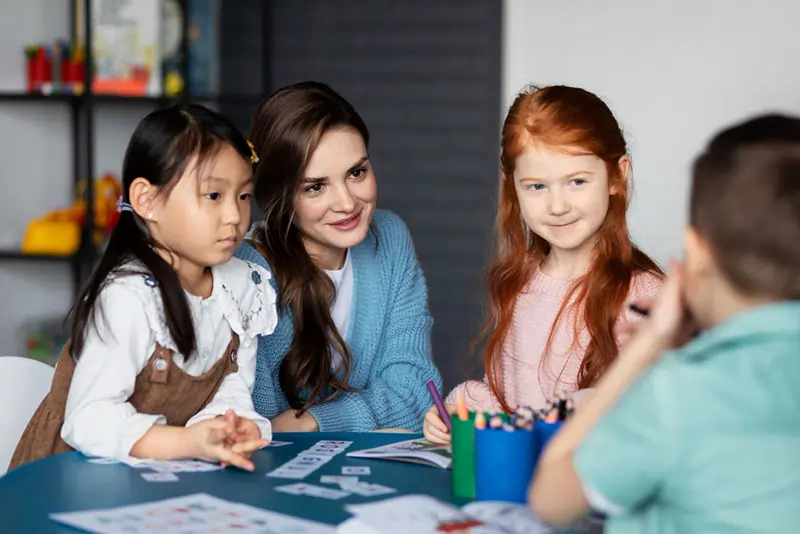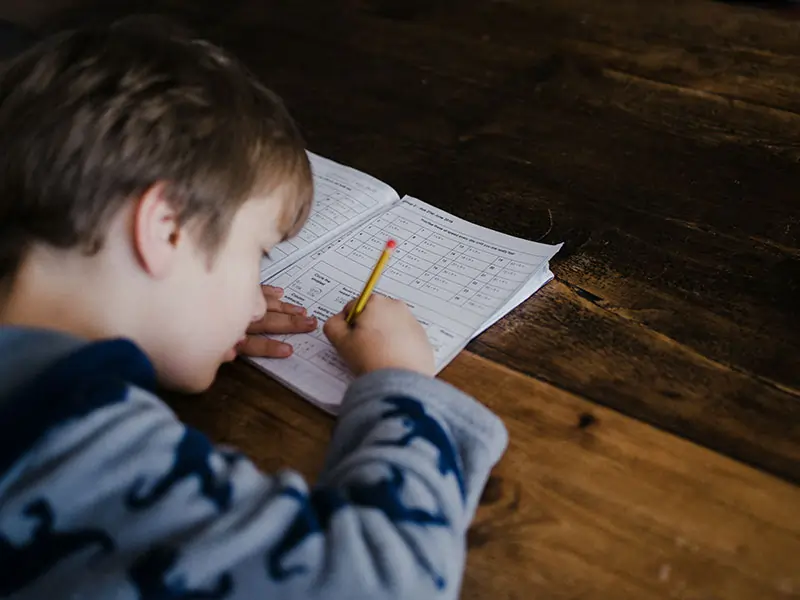Essential Soft Skills That Every Child Should Develop
Soft skills are abilities that help a person navigate both professional and personal life, in such a way that success and personal fulfillment are guaranteed in all spheres of life. It is often found that people who may be geniuses in their work life may fall short on soft skills, which is often detrimental to their performance. It is of paramount importance that children get a head start in acquiring soft skills.
So, what are these soft skills?
Emotional intelligence
We hear of emotional intelligence a lot these days. It is the ability to recognize our own emotions, and those of others. As children grow older, they should be able to know what feeling they are experiencing, recognize such feelings in others and learn to resolve conflicts even if those conflicts are on a very small scale. One of the ways in which emotional intelligence can be developed in children is by letting kids handle relationship issues by themselves with an adult’s support.
Related: The Best Ways To Develop Your Child’s Socio-Emotional Skills
Communication skills
All human beings develop communication skills, to various degrees and in various qualities. Children develop communication skills with the help of their parents, teachers, friends, and as they get older, from television and the internet. Communication skills will take you places, win friends, build a network, and influence a large number of people.
Creativity and problem solving
When children roleplay as a teacher and students, or a mother and child, they are using their creativity. Even when they play with playdoh and make shapes, they are being creative. How is creativity linked to problem solving?
There is hardly any problem for which the solution is readily present or is easily available. You often have to think out of the box to arrive at a solution. Hence only a creatively gifted person can find solutions to problems that normally will not occur to others.
Leadership and responsibility
In the modern workplace, there is increasing autonomy. Everyone has to take responsibility; everyone has to be a leader. There is no boss breathing down your neck if you miss a deadline. The only consequence of not meeting deadlines may be that you will be fired.
Cooperation and teamwork
Human beings are social animals who cannot exist as isolated selves. Every workplace covets people who are team players and those who can cooperate with others. There is no job that can be completed by one person alone. This means that cooperation and teamwork are extremely important.
Time management
Time is a limited commodity. How one makes use of his/her time will determine how productive that person is. Often, time management requires that a person knows what their priorities are. According to this, time can be allocated.
Listening skills
A person who listens, learns the most. Active listening requires paying attention to not only the words spoken, but also the tone and body language. Active listening is key to understanding the message conveyed.
Empathy
Empathy is the ability to stand in the other person’s shoes and understand issues from that person’s perspective. This is absolutely important in a workplace because the same issue can be viewed by different people differently.
How do you develop these soft skills in children?
- Let children play with other children. They learn communication skills, active listening skills and empathy by interacting with other children in a natural setting.
- Give children opportunities to exercise leadership skills. In schools, children should be able to take turns being class monitor or the Head of a sport team.
- At home, give children opportunities to talk about school and other spheres of his/her life.
- Parents and teachers can help children to draw up a time table or schedule for studies and other activities and encourage them to stick to this schedule. Children should be helped to identify their priorities.
- Children should have the opportunity to interact with a lot of people both inside the house and school, and outside, under adult supervision of course. Role plays are also very useful in this regard.
- When children face problems, instead of solving the problem for them, adults can give them different options for them to choose from. This way, children can take charge of their emotions and solve problems on their own. This is a great step in developing emotional intelligence.


